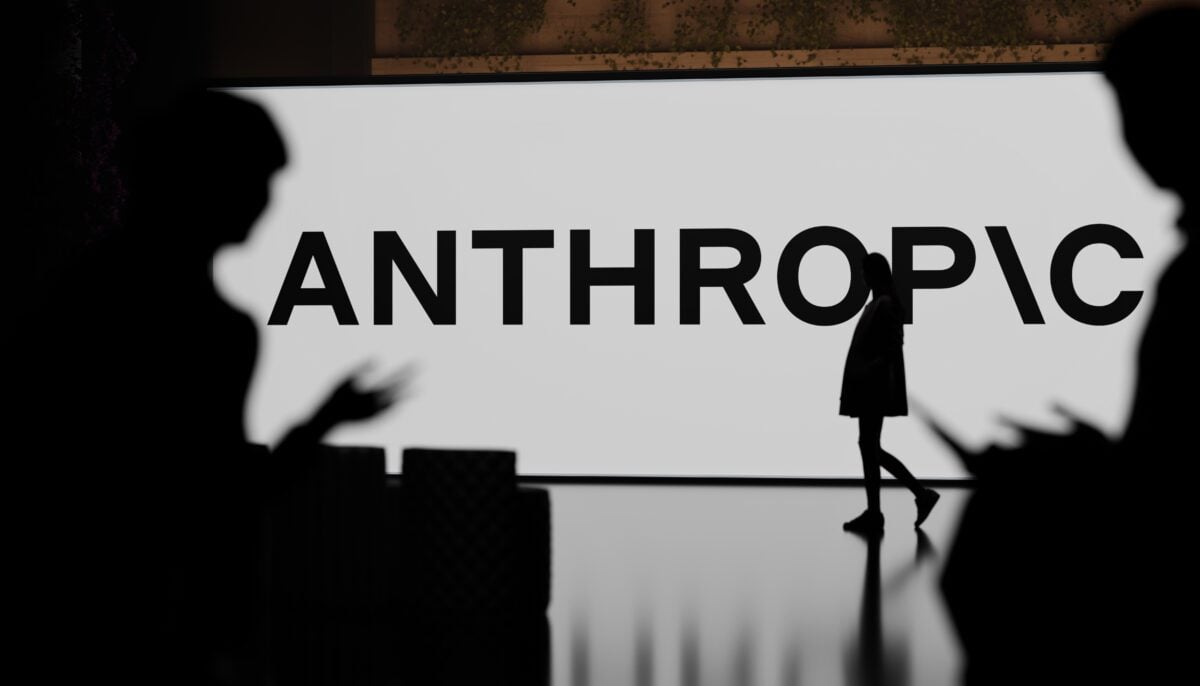TLDRs;
- AI startups captured 46% of global venture capital in Q3 2025, totaling US$97 billion.
- Anthropic, xAI, and Mistral AI led the quarter’s biggest funding rounds.
- OpenAI reached a US$500 billion valuation, becoming the world’s most valuable private firm.
- Despite record funding, AI wealth is concentrating among a few big players, leaving smaller startups behind.
Artificial intelligence has firmly established itself as the heartbeat of the global startup ecosystem. According to data from Crunchbase and PitchBook, AI companies captured nearly half of all venture capital (VC) funding in the third quarter of 2025, a staggering 46% of the US$97 billion raised globally.
The figure underscores how investors are betting heavily on AI’s transformative potential across industries ranging from software and robotics to healthcare and finance.
Anthropic, the developer behind the Claude family of AI models, led the quarter’s funding spree with a massive US$13 billion round, representing nearly 29% of all VC funding worldwide. Elon Musk’s xAI followed with US$5.3 billion, while Mistral AI, Europe’s fast-rising generative AI contender, secured US$2 billion. Collectively, these three companies accounted for more than one-fifth of global venture capital inflows in Q3.
OpenAI, the creator of ChatGPT, further cemented its dominance by reportedly hitting a US$500 billion valuation, making it the world’s most valuable private company.
U.S. Leads AI Investment Boom
The United States continues to be the epicenter of AI investment, drawing US$60 billion of total global VC funding in Q3.
Hardware startups collectively raised US$16.2 billion, while healthcare and biotech firms attracted US$15.8 billion. However, AI remained the undisputed magnet for investor attention, outpacing other sectors by wide margins.
In total, AI-focused startups worldwide have secured an unprecedented US$192.7 billion so far in 2025, according to PitchBook. Over 53% of global venture capital dollars this year have gone to AI, while U.S. investors allocated an even larger share, nearly 63%, to the sector.
The data signals a striking concentration of capital in AI compared to previous years. Only a few years ago, fintech and biotech were the dominant VC magnets. Now, AI has emerged as the undisputed favorite among both traditional and institutional investors.
Funding Concentrates Among Few Giants
Despite the flood of capital, analysts warn of an emerging concentration problem. The vast majority of AI investment is going to a handful of well-established players, namely OpenAI, Anthropic, and Google DeepMind.
Anthropic, valued at US$183 billion after its latest funding round led by Iconiq and Fidelity, reported a revenue run rate exceeding US$5 billion by August 2025. That makes it one of only three AI companies worldwide projected to generate billions in annual revenue.
This concentration reflects a widening gap in the AI landscape. While major players raise billions, smaller startups are struggling to access funding. PitchBook data reveals that the number of startups successfully closing funding rounds has dropped significantly compared to 2022, as investors increasingly favor companies with proven products, technical depth, or partnerships with major cloud providers.
Diverging Paths in the AI Economy
The AI market now showcases two distinct funding realities. On one hand, frontier model developers like Anthropic and OpenAI require immense capital to train and deploy large-scale AI systems.
On the other hand, lean startups like Air AI, which achieved US$3.5 million in revenue with a 32-person team and zero external funding, are proving that profitability can still be achieved through specialization and focus.
While the former group defines the bleeding edge of AI research and infrastructure, the latter represents the pragmatic side of AI adoption, small, efficient teams building AI products for specific verticals such as customer support, sales, or cybersecurity.






